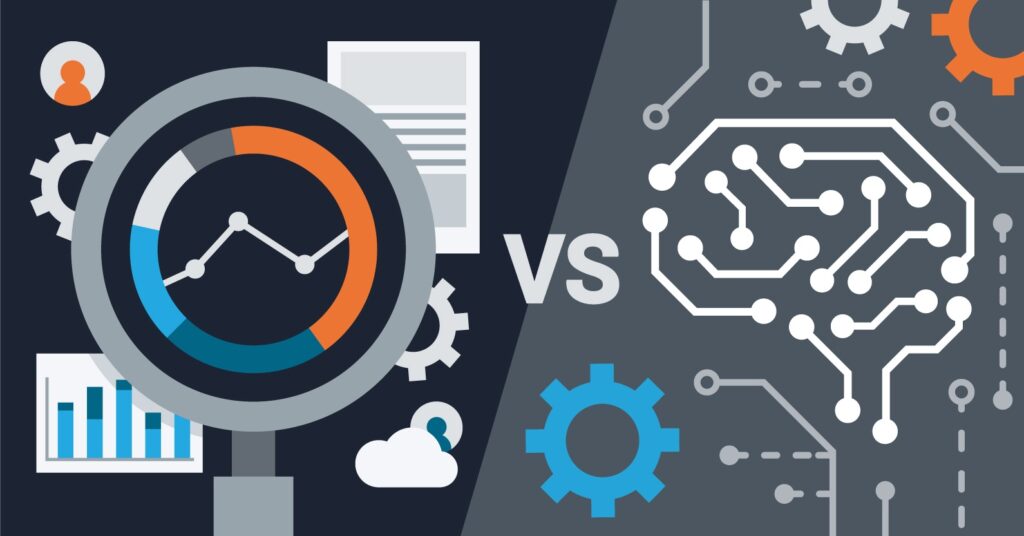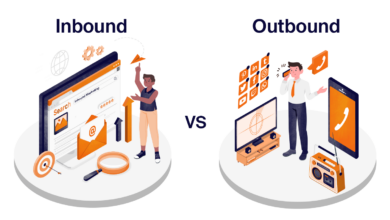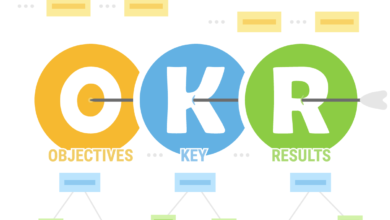What is Business Intelligence and Why Does it Matter?

Becoming a data-driven business is a goal for many companies operating in the market right now. There are more stats to leverage, plenty of data sources to tap into, and more means of processing data to generate meaningful and valuable insights. Not too long ago, the term ‘big data’ became more common, marking a new era of data collection and processing on a massive scale.
Data on its own, however, is not valuable, especially for businesses. Key decision-makers inside a company or organization rely on the processing of that data; it is clear that data collection alone is not enough. The combination of analysis and context is still needed to make data relevant and useful in a decision-making process.
This is where business intelligence becomes the next big thing. What is it? Why does it matter? We are going to answer these questions – and a few other business intelligence-related ones – in this article.
What is Business Intelligence?

The simplest way to look at business intelligence is as a process. It is the process of collecting, enriching, analyzing, and presenting business information. That information can be everything from the customers’ social media posts and behaviors to deep competitor analysis.
When you take a closer look at the definition of business intelligence, you will notice that there are two main components to BI: strategy and technology. Data collection and analysis need to be conducted in a contextual way, and the only way to keep the process contextual is by having a clear strategy and clear objectives from the start.
Technology is what makes more efficient data collection and analysis processes possible. We now have machine learning and artificial intelligence elevating big data analysis to a whole new level. Human input is seldom required to generate business insights. Some data AI can even make adjustments to the way data is presented.
It all started with businesses becoming more data-centric. Rather than making decisions based on feelings or general information, we instinctively seek more data and a more comprehensive understanding before making critical decisions.
A Growth in Demand

That demand for more data and better business intelligence is not without reason. The market is becoming more and more competitive by the day, and businesses need to seize whatever competitive advantage they can find.
Business intelligence provides a significant advantage in the market. The advantages are not limited to a strategic level either. There are a lot of practical benefits to adopting good practices.
On a higher level, business intelligence allows for a better understanding of the market, particularly of the customers. It is a time when pampering customers by delivering what they really want through pleasant customer experience is important. Data is a key component of that.
On a practical level, business intelligence allows employees to be more productive and efficient. Rather than going through a lot of trial and error, every team member can tap into the organization’s knowledge bank and immediately implement a strategy that works.
The growth in demand for better business intelligence solutions is also followed by significant growth in demand for specialists. More and more professionals now take courses and pursue a degree in this field as a result.
There are several very good programs to choose from too. For example, Suffolk University in Boston now has an MBA course in business intelligence, and it has been one of the most popular courses among new students. Click here to read how an MBA in business intelligence can be very beneficial.
How Does Business Intelligence Work?

Understanding what it is and knowing how it is now in high demand is just the beginning. While a lot of companies claim to be data-driven and have a business intelligence specialist – or even an entire department – not all of them have implemented it in a meaningful way.
Business intelligence tools or solutions cannot work on their own. Implementing a BI solution will only reorganize the flow of data and information in the organization. For data to be an inseparable part of day-to-day operations, additional changes are still needed.
Limiting access to only a handful of team members is not going to work; at least not anymore. Business intelligence requires insights to be accessible. The key here is making sure that everyone in the company can get to an equal level of understanding so that when key decisions have to be made in different departments, mutual objectives are still achieved successfully.
BI also simplifies the process of utilizing data. The tools mentioned earlier are geared towards simplification. When someone in marketing needs information about sales or finance, that team member doesn’t need to jump through hoops to get the insights required.
Business intelligence specifically pools and enriches data from various sources. Data about market segmentation from marketing can be combined with data about sales from that same market segment, CRM data related to customers, supply chain data, even various other data points. A more comprehensive view of the business can be achieved.
Lastly, business intelligence focuses on making sure that relevant and contextual information is available at all times and in a seamless way. It is not as simple as combining data sources. It also thinks about how data is presented (i.e. whether the central dashboard is effective) and how noise can be eliminated.
Intelligence vs. Analytics

Perhaps the biggest question about business intelligence is whether it is different from business analytics. The two are very similar. Both collect and process data about business operations, and both are designed to bring a better understanding of processes and the environment around those processes.
However, business intelligence and analytics differ in one important respect: timeframe. While analytics treats data in time-specific chunks, business intelligence treats data and insights like knowledge – as something that can be collected in a real-time and cumulative way.
It also focuses more on the day-to-day processes of the business. It can be used in a hyper-focused way to solve a particular problem, or in a broader way to maintain alignment and keep it running smoothly.
5 Benefits of Business Intelligence

That brings us to our second question: why does business intelligence matter? As we dig deeper into how it is implemented and how it helps businesses remain competitive, there are some key benefits being demonstrated.
Valuable business insights and better reporting are to be expected when an organization adopts business intelligence across the organization. Simple tasks such as generating reports can be eliminated completely too, especially since all the data and insights can be accessed in real-time.
The quality of the data being used for decision-making is also improved. As mentioned before, business intelligence as a process is like learning in school. We amass intelligence and insights over time. By doing so, we can eliminate noise more effectively and keep our data relevant.
This is a particular benefit that no other approach can offer. When data is being treated as time-sensitive or mission-sensitive blocks, it is difficult to see the bigger picture. Business intelligence, while focusing more on the day-to-day operations of the business, still provides a bird’s-eye view.
Another significant benefit of adopting business intelligence is higher customer satisfaction. Multiple studies have shown that a better understanding of the market and the customers always leads to better delivery of products and services, and that leads to higher customer satisfaction.
In a market as competitive as it is today, keeping customers satisfied is essential. Customers are more likely to promote your products and bring new customers when they are happy with both the product itself and the experience you deliver along the way.
Better competitor analysis and monitoring are to be expected when you implement business intelligence as a process. Focusing too much on what the competitors are doing – or even copying their strategies – is not something you want to do, but good competitor analysis is still invaluable.
For starters, you can learn from your competitors’ mistakes. Rather than making your own and spending more time and resources to win customers, study what competitors have done in the past and refine their strategies to make it your own.
Last but certainly not least, business intelligence is good for the bottom line. When operations are more efficient, employees are more productive, customers are happier, and business processes are monitored closely, an increase in your bottom line is to be expected.
At the very least, you can be more flexible and competitive. Adapting to market changes is no longer a big hurdle when you can spot trends and predict those changes even before they happen; with enough data and predictive analysis models, that’s more than just possible.
So, can your business benefit from business intelligence? The answer to this question is a definite YES. Regardless of the size of the organization, the market, it is in, and other external factors, implementing good business intelligence is the first step towards gaining a competitive advantage and the many benefits we have discussed in this article.



